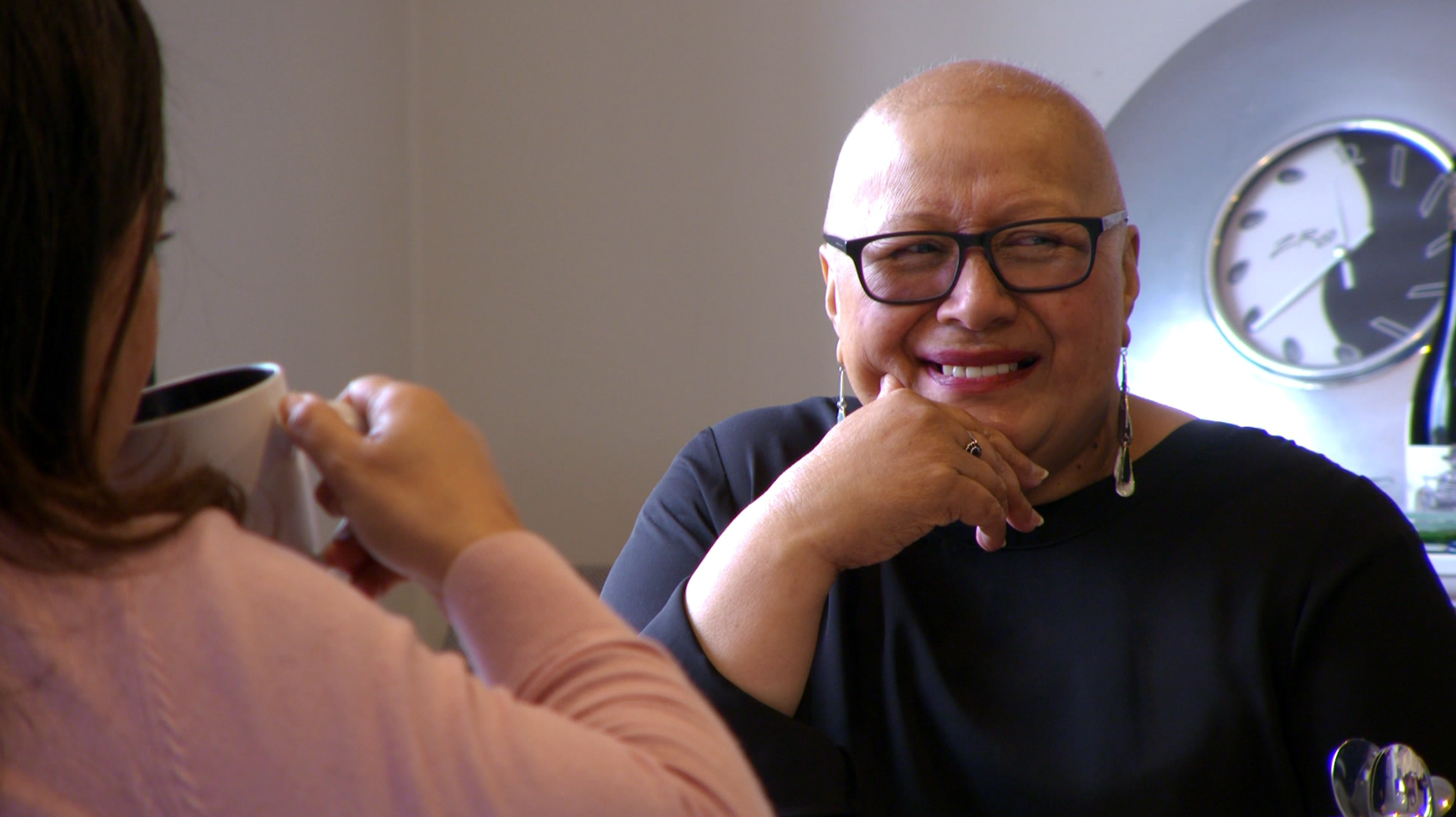Finding better ways for service providers to sit down with Māori to design specific services to cope with dementia, what it means, and the challenges for Māori, Pasifika and rural communities that experience much greater inequality when trying to access community based dementia services, is just one of the recommendations outlined in the latest report commissioned by Dementia NZ.
The organisation has set out recommendations on the services and resources urgently needed for people living with dementia and their care partners in the community.
The report’s scope reflected both the immediate demand and the projected demand based on demographic trends. Two key findings were:
- the huge gaps we have i.e. many people with a new diagnosis of dementia and their whānau are not able to access basic support, education and advice about how to manage their condition.
- the immediate action needed i.e. agreement to fund providers to provide fair and equitable services across the whole country.
The report’s co-author and chair of the NZ Dementia Foundation, Dr Matthew Croucher, predicts New Zealand’s dementia population is set to double much faster than international modelling predicts.
“It’s estimated 70,000 New Zealanders are currently living with dementia. That’s likely to double in just 15-20 years rather than the predicted 20-25 year timeframe, and that makes a massive difference in a health system that’s already at breaking point.”
Additionally, the report found that whether or not a person with dementia and their family have access to good help and support in the first critical year of living with their diagnosis varies massively depending on where they live.
Dr Croucher also outlined the benefit that early intervention and community resources would have for both the health system and those newly diagnosed with dementia.
“Statistics and experience shows that patients who present to hospital with dementia have far greater risks of complications and side effects, plus their acute care period can be twice as long as for non-dementia patients. So if we can get the ‘ambulance’ at the top of the cliff in the form of earlier community intervention and assistance, it will significantly benefit the person living with dementia and the public health system.”
For the full report: https://dementia.nz/pds











